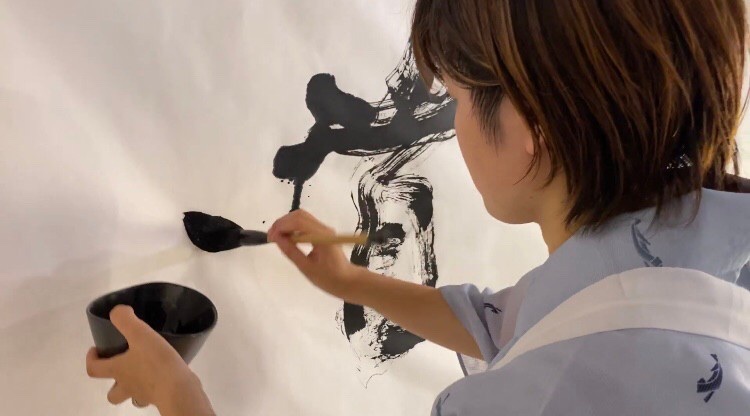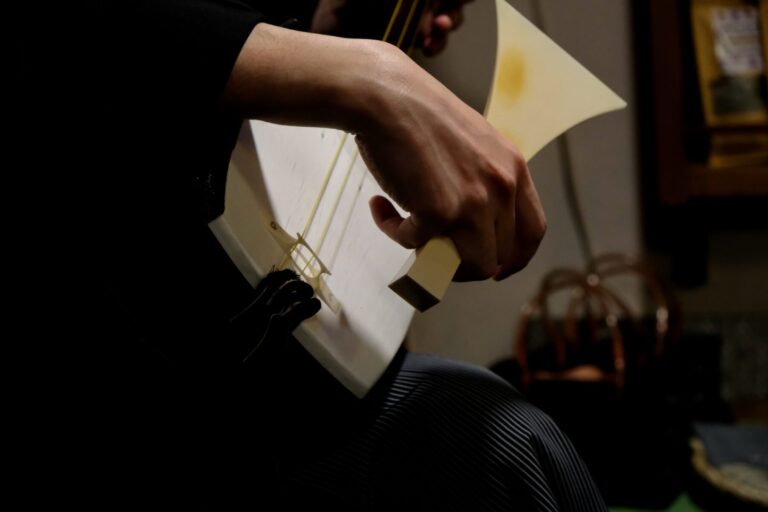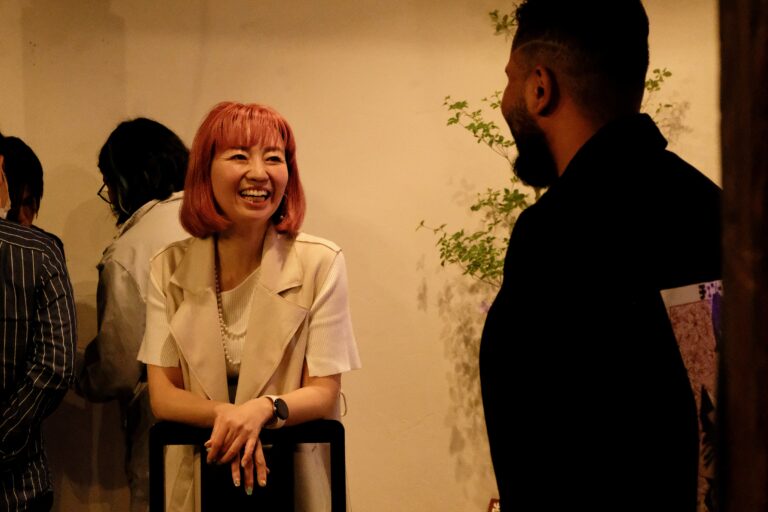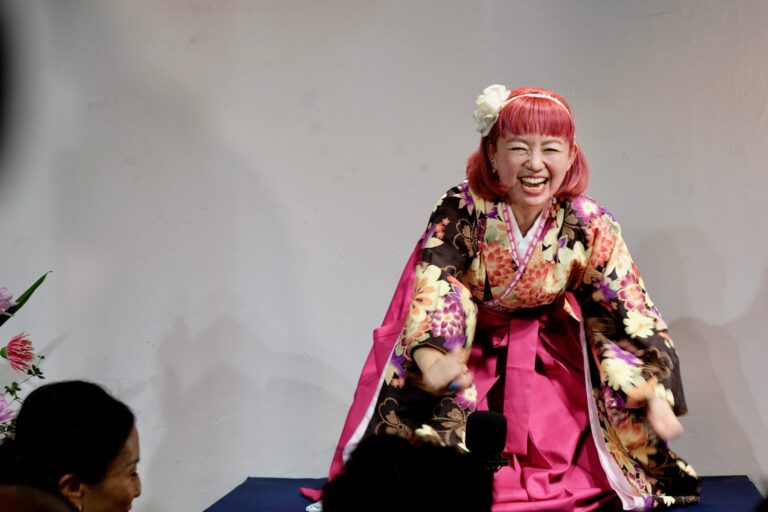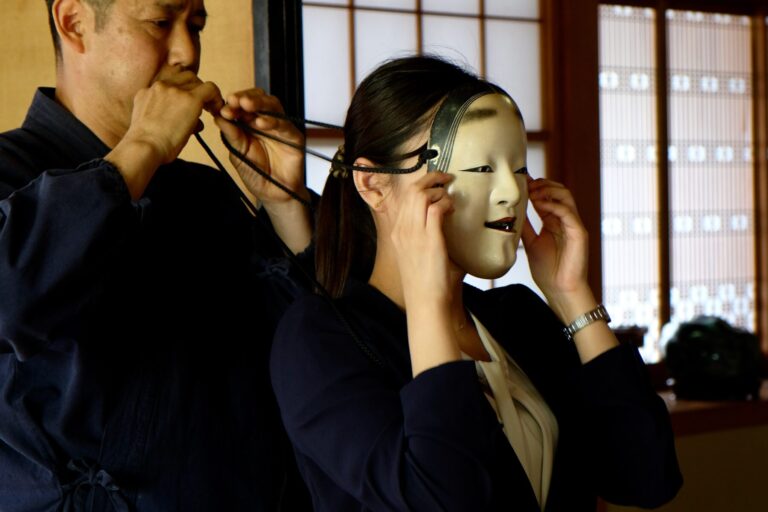Bridging Cultures through Laughter: An Interview with Ryusuitei Hanabi, the English & Bilingual Rakugo Performer
A story of Ryusuitei Hanabi
Prepare to embark on a captivating journey through the enchanting world of Rakugo, a traditional Japanese art form that blends storytelling and comedy. In this exclusive interview, we delve into the fascinating story of Ryusuitei Hanabi, an accomplished performer set to dazzle audiences with her first solo English Rakugo performance on July 1, 2023, at the historic Asakusa district.
Through her English Rakugo performances, Hanabi aims to bridge cultures and create a harmonious coexistence between the global dissemination of Rakugo and the preservation of its traditional essence. Join us as we explore Hanabi’s journey. Prepare to be captivated by her performance on July 1, 2023, as Hanabi enchants audiences with her English Rakugo, uniting cultures and spreading laughter across the globe.
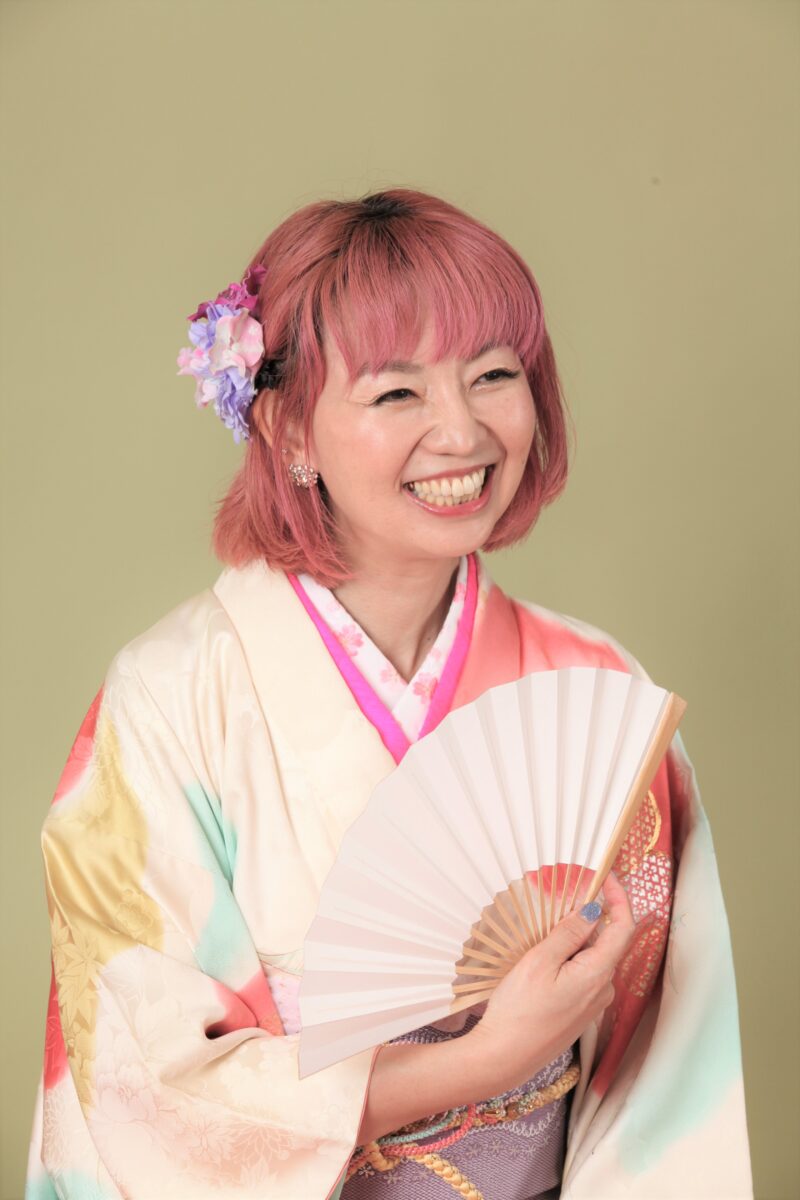

Embracing the Performer's Identity
Simply stating that I am a Rakugo artist feels presumptuous when describing my art. That’s why I prefer to introduce myself as a performer. I am an “English & Bilingual Rakugo Performer,” passionate about sharing this traditional Japanese art form with audiences at home and abroad.
I’ve contemplated whether to pursue a formal apprenticeship or not. Seeking guidance, I consulted five or six Rakugo masters and artists, and surprisingly, they all advised me that becoming an apprentice is unnecessary. Their rationale was clear: my stage should be beyond Japan to spread Rakugo worldwide. Becoming an apprentice at this point would be a waste of time. Thus, I decided to express myself freely without adhering to traditional apprenticeship conventions.
Spreading Rakugo Globally
There should be advocates who introduce Rakugo to the world. We need individuals spreading Rakugo globally and those delving deeper into the art form. This harmonious coexistence can amplify the dissemination of Rakugo worldwide, enriching its reach and impact.
It would be a tremendous missed opportunity to confine the beauty of Rakugo solely within Japan’s borders. This sentiment extends to all Japanese traditional performing arts. Japan possesses a wealth of magnificent cultural heritage that deserves promotion beyond the boundaries of artistic mastery alone. It’s not enough for Rakugo artists to become apprentices and learn English; we need individuals who can fluently communicate in foreign languages like English and effectively disseminate Rakugo to the world.
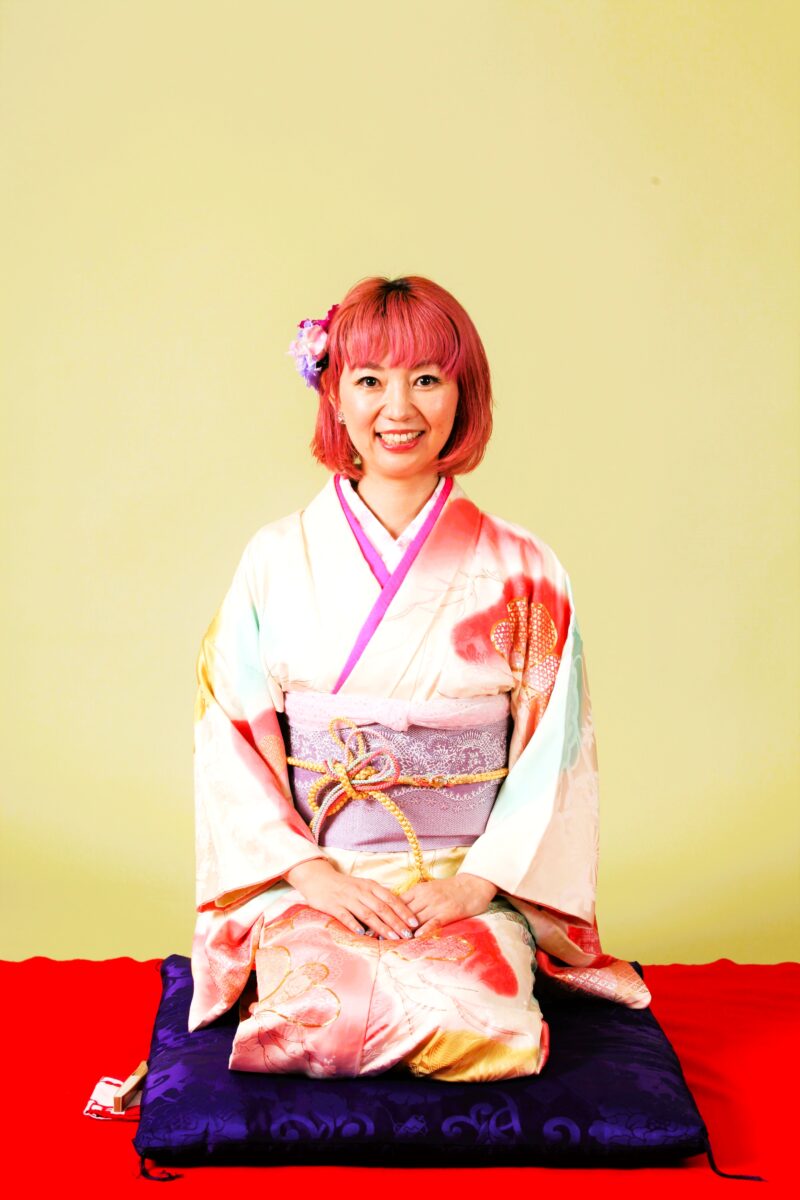
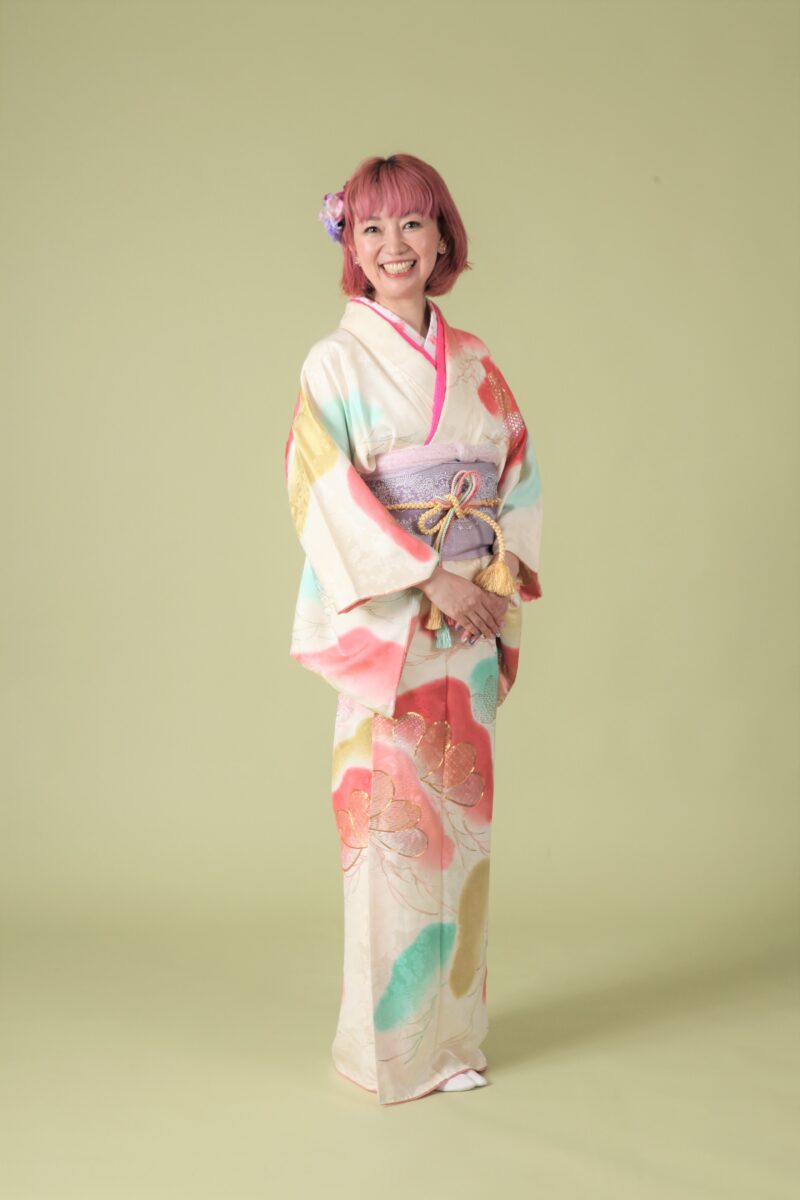
Recognizing the Value of Cultural Promotion
Comedy isn’t particularly ingrained in the local culture in Tokyo, compared to Osaka. It often feels like a distant realm. Rakugo, too, remains unfamiliar to many. Before my immersion in Rakugo, I had only heard the phrase “jugemu, jugemu” in passing without comprehending its meaning.
However, everything changed one day when I witnessed Tsukitei Hosei-san performing the “jugemu” act on television. That moment, about four and a half years ago, served as the catalyst that ignited my passion for Rakugo. I was captivated by Hosei-san’s ability to deliver such clever and humorous lines, defying the expectations associated with his image as a “physically dynamic comedian.” It left me utterly shocked.
Soon after, I discovered the existence of a Rakugo class through a friend who shared my enthusiasm for Rakugo. Eager to learn, I attended the class and met a Rakugo performer for the first time. Seeking advice on whether to become an apprentice, I posed the question to numerous individuals. Unanimously, they advised against formal apprenticeship, leading me to forge my path within the Rakugo class.
Within this class, I sought a teacher who shared the same philosophy as the others pursuing an apprenticeship. Eventually, I found my mentor in Shunputei Ryushi-san. Our relationship is built on a foundation of teacher and student, fostering growth and nurturing my Rakugo skills.
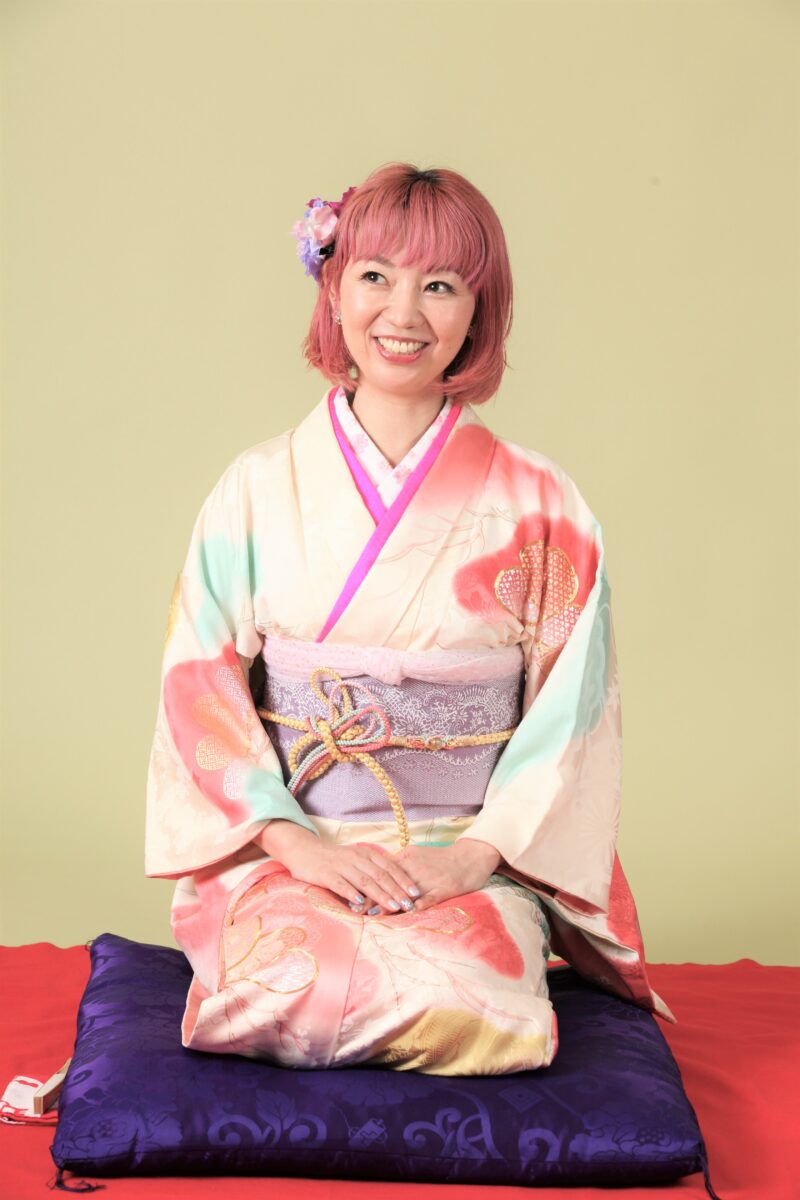
A Calling from Within: English Rakugo Takes the Stage
My high school friend who shared my passion for Rakugo introduced me to English Rakugo performed by Tatekawa Shinoharu-san. Aware of my English proficiency, she believed I would appreciate it. Witnessing Shinoharu-san’s English Rakugo, I knew I had found my calling. It was then I resolved to embark on this bilingual Rakugo journey.
Bilingual Rakugo caters to Japanese audiences intending to make them “listen and laugh in English.” When performing English Rakugo, I translate and refine the content until it evokes laughter, infusing it with my creativity. However, at its core, the foundation remains firmly rooted in traditional Rakugo, performed in Japanese.
To ensure authenticity, I even invite my master to witness my Japanese Rakugo performances. My master’s is not well-versed in English, but I encourage him to see my performances from someone unfamiliar to English.
When crafting bilingual or English Rakugo, I draw inspiration from classical Rakugo stories. Translating my original tales into English would detract from the essence of this traditional Japanese performing art. My primary goal is to convey Japanese culture, ignite curiosity, and make audiences laugh.

Spreading Joy and Energy
As a storyteller, my greatest joy emanates from seeing the audience immerse themselves in the narrative and revel in the experience. With foreign audiences, reactions tend to be more animated than with Japanese audiences. Witnessing their hearty laughter fills me with a profound sense of accomplishment.
My upbringing in an environment brimming with love and vitality instilled in me a deep sense of gratitude. I have a role to play in sharing the love and smiles I have received. Even during radio appearances, my priority is always to convey “smiles,” “love,” and “energy.” Through these expressions, I can bring an abundance of emotions and connections. Naturally, I also dream of positively impacting children’s lives. We can achieve even greater heights together by sharing my talents and encouraging others to take action.
Rakugo is a form of entertainment that can be performed until the end of one’s life. Rakugo performers continue practicing their craft until their final moments. In the same vein, as long as I live, I can continue to offer something meaningful to people through Rakugo.
Project Love & Smile
Promoting English Rakugo to the world
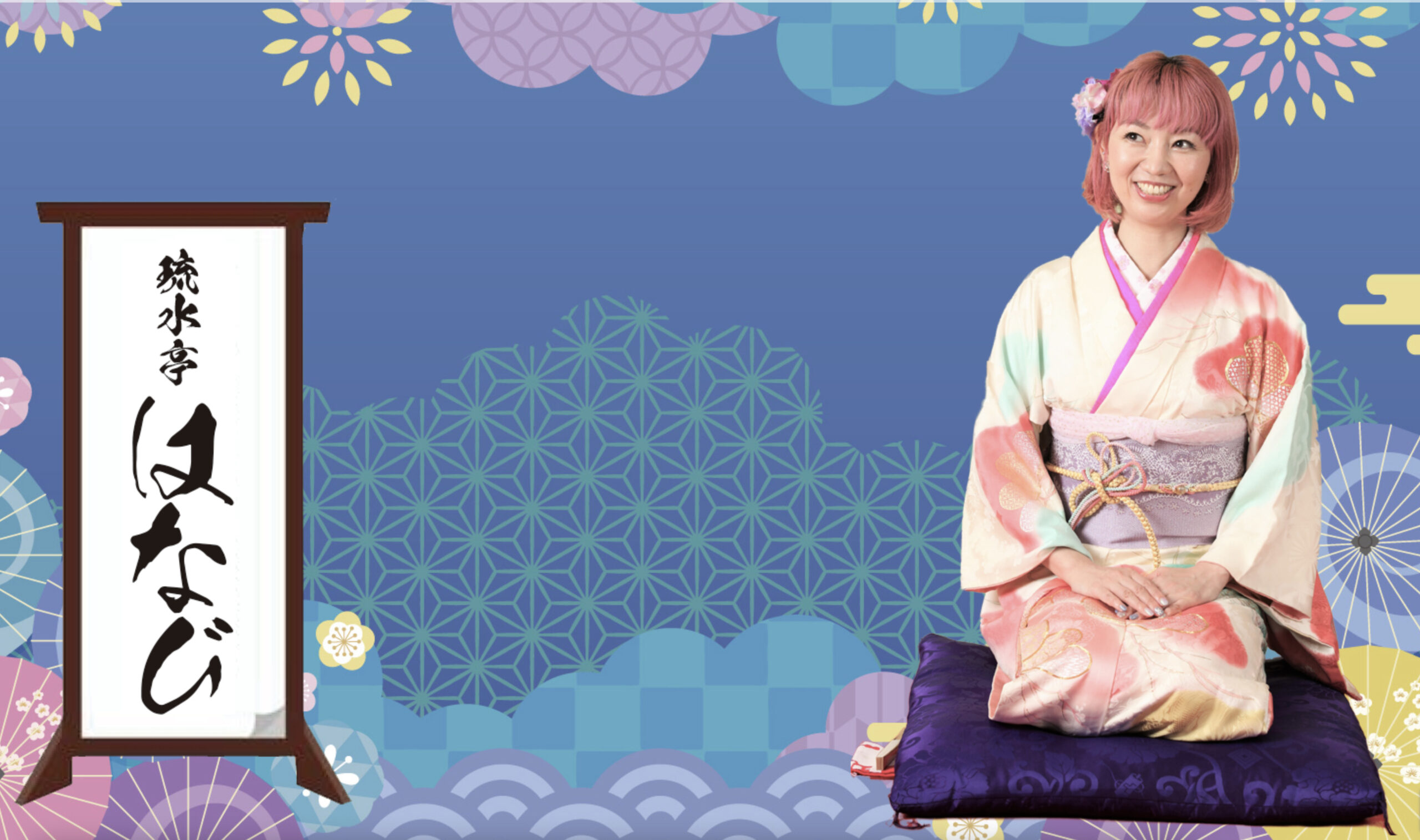
Ryusuitei Hanabi
Ryusuitei Hanabi is a professional Rakugo performer. She performed at the 2020 Tokyo Olympic Pre-Events, Yokohama International Festival, and many other prestigious events in Japan and abroad.
Rakugo is a Japanese art of monologue and comical storytelling. Hanabi brings the art to international audiences by transforming it into a multi-language monologue. Preserving the essence of Rakugo tradition, she adds a sense of modern humanity and universal empathy, touching the heart of young and old, Japanese and non-Japanese.
She is a multi-talented performer, engaged in various entertainment areas, including radio DJ, MC, TV reporter, and magazine writer. Recently, she was featured in a Google Pixel commercial in Japan. She was also selected as Tokyo Minato City Tourism Ambassador.

rojicoya
Welcome to Rojicoya, a dynamic collective of exceptionally talented performing artists, including the nation’s esteemed champions, specializing in traditional Japanese performing arts, mesmerizing music, and captivating dance. With an extensive network of top-tier Japanese artists and performers, Rojicoya curates an array of stunning live performances, immersive workshop programs, and fascinating events that transport you into the heart of authentic Japanese culture. Prepare to embark on an unforgettable journey of genuine cultural experiences that will leave you spellbound.
